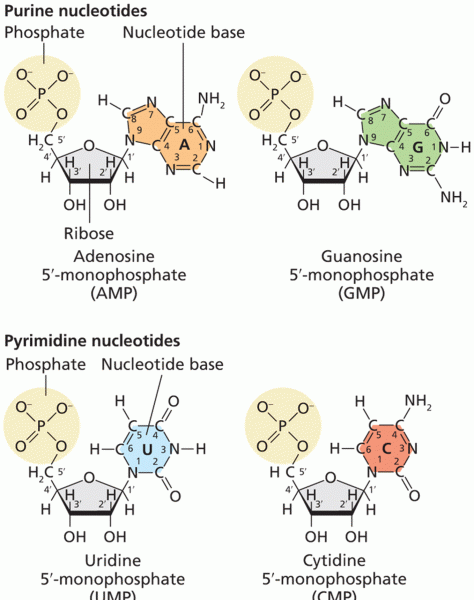|
|
|
During the twentieth century, a variant of the metric system was used in Russia and France in which the base unit of mass was the tonne. Instead of kilograms, this system used millitonnes (mt).
Long-term mental and physical effects from substance abuse include: paranoia, psychosis, immune deficiencies, and organ damage.
The first documented use of surgical anesthesia in the United States was in Connecticut in 1844.
Alzheimer's disease affects only about 10% of people older than 65 years of age. Most forms of decreased mental function and dementia are caused by disuse (letting the mind get lazy).
Many people have small pouches in their colons that bulge outward through weak spots. Each pouch is called a diverticulum. About 10% of Americans older than age 40 years have diverticulosis, which, when the pouches become infected or inflamed, is called diverticulitis. The main cause of diverticular disease is a low-fiber diet.
 The mortality rate in the United States increases with age and is lower for women than men at every ...
The mortality rate in the United States increases with age and is lower for women than men at every ...
 The 2-deoxyglucose technique. The accumulation of radioactivity is shown in three frontal sections ...
The 2-deoxyglucose technique. The accumulation of radioactivity is shown in three frontal sections ...





